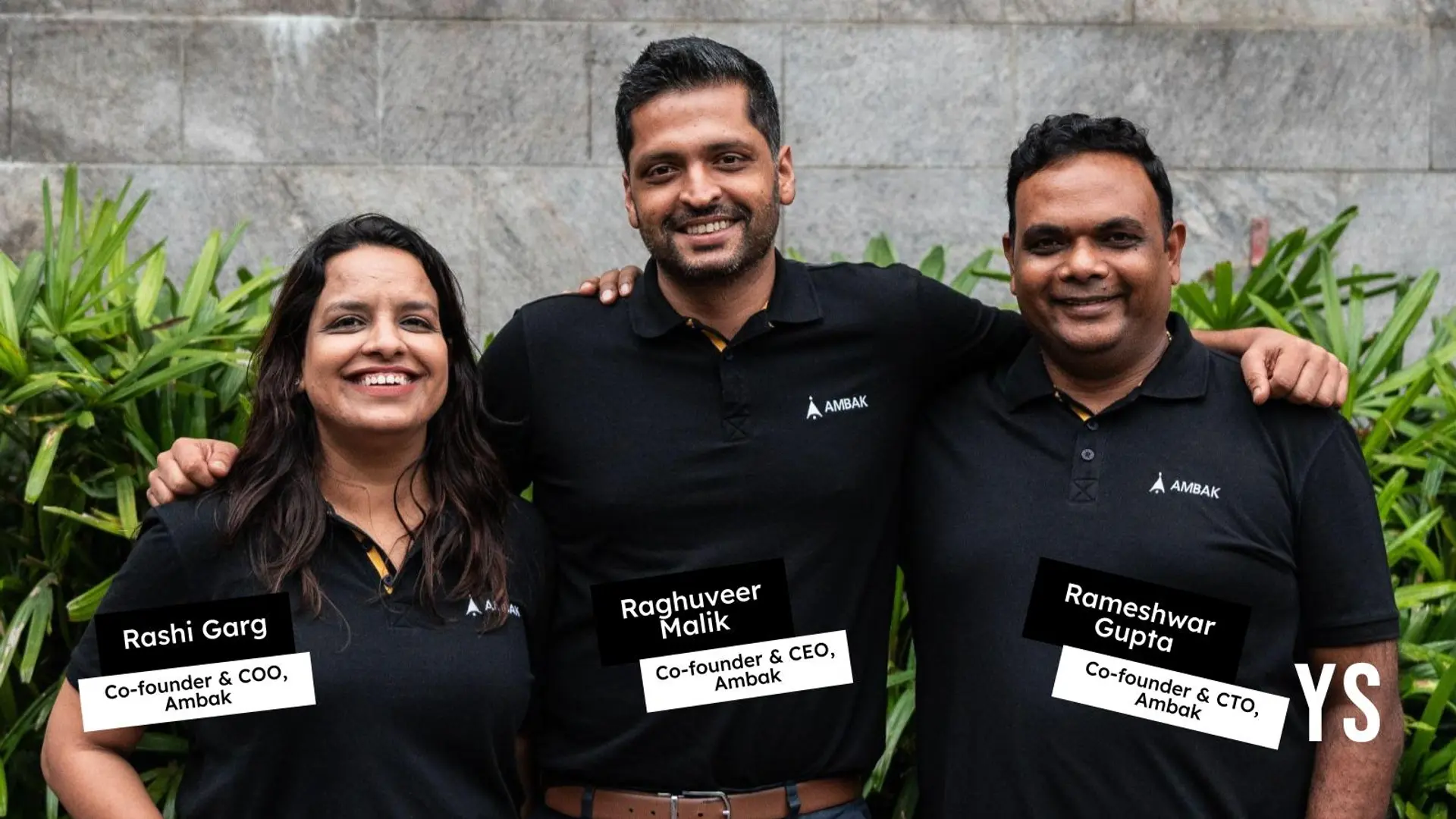Geoffrey Hinton, Godfather of AI, Leaves Google over Deep Concerns for AI's Future
AI pioneer Geoffrey Hinton leaves Google, citing fears about AI chatbots' rapidly advancing capabilities and the potential for misuse by "bad actors."
Geoffrey Hinton, a prominent artificial intelligence (AI) researcher and one of the "Godfathers of AI," recently resigned from his position at Google, expressing concerns over the potential dangers posed by the rapidly evolving field of AI. In interviews with The New York Times and BBC, Hinton discussed his fears about AI's implications on the spread of misinformation, job displacement, and the potential for AI to overtake human intelligence.
Hinton's pioneering work on deep learning and neural networks has played a crucial role in the development of AI systems like ChatGPT. His resignation comes after more than a decade at Google, where he joined following the acquisition of a company he founded with two of his students. Their work on neural networks led to the creation of ChatGPT and Google Bard.
The 75-year-old scientist told the BBC that the capabilities of AI chatbots are "quite scary," noting that while they are currently not more intelligent than humans, they soon may be. Hinton expressed concern about the rapid progress of AI systems like GPT-4, which already have more general knowledge than humans and are beginning to demonstrate simple reasoning abilities.
In the New York Times interview, Hinton discussed the challenge of preventing "bad actors" from using AI for malicious purposes. He also warned of a potential "nightmare scenario" in which powerful figures, like Russian President Vladimir Putin, could grant AI systems the ability to create their own sub-goals, leading to unforeseen and potentially dangerous consequences.
Hinton's concerns extend beyond the immediate issue of misinformation. He worries that AI will eventually eliminate rote jobs and potentially pose a threat to humanity itself, as AI systems begin to write and run their own code. He admitted to the NYT that he initially thought the prospect of AI surpassing human intelligence was decades away, but now he believes it may happen much sooner.
Despite his apprehensions, Hinton praised Google for being "very responsible" in its approach to AI. Google's chief scientist, Jeff Dean, reiterated the company's commitment to responsible AI development in a statement, saying they are "continually learning to understand emerging risks while also innovating boldly."
Hinton's resignation highlights the ongoing debate within the tech industry about the potential risks and benefits of AI. As AI technology continues to advance at a rapid pace, it becomes increasingly important for researchers, developers, and policymakers to address the ethical and societal implications of AI's growing capabilities.
Image:Geoffrey Hinton at Google's Mountain View, Calif., headquarters, in 2015. (Noah Berger / AP file)







